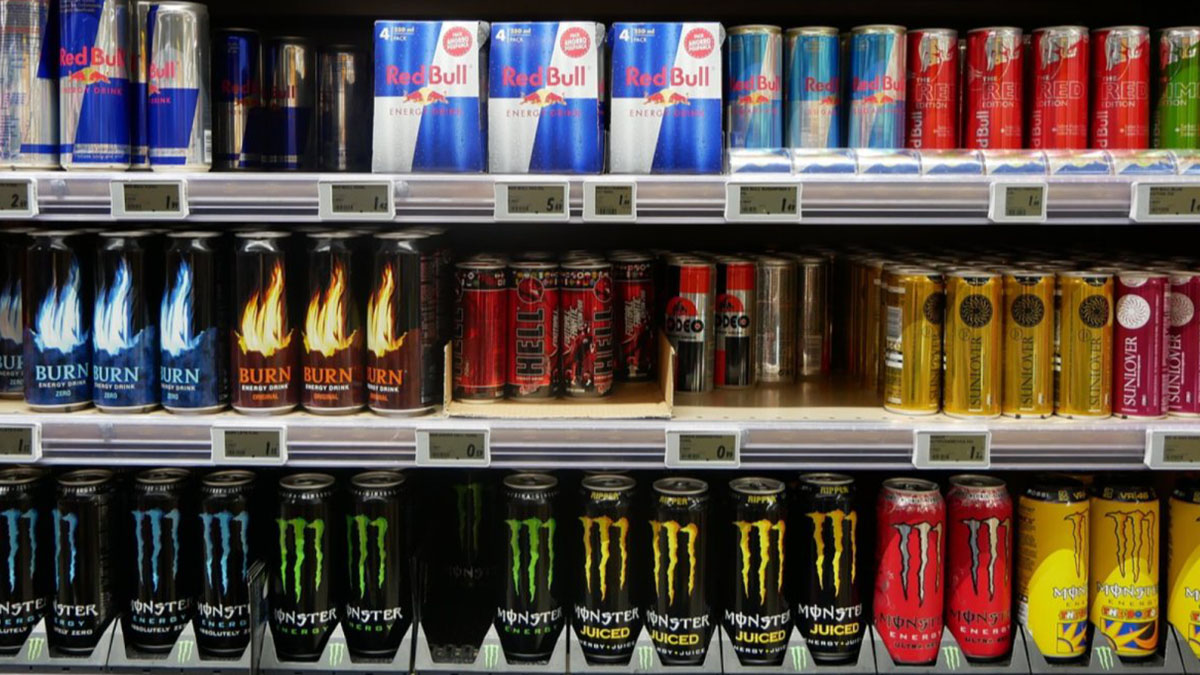
Energy drinks are often marketed as quick fixes for boosting energy and focus. However, they can pose significant health risks. Here’s a clear guide on what you should know about energy drinks, with insights from Dr. Leana Wen, an expert in emergency medicine and wellness.
What Are Energy Drinks?
Energy drinks are beverages designed to increase alertness and energy. They typically contain:
- High levels of caffeine
- Sugar
- Stimulants such as taurine, guarana, and L-carnitine
Energy Drinks vs. Sports Drinks
Understanding the difference between energy drinks and sports drinks is crucial:
- Energy Drinks: Meant to boost energy and alertness. They are high in caffeine and other stimulants. They do not replace electrolytes or fluids lost during exercise.
- Sports Drinks: Designed to replenish electrolytes and fluids lost during intense exercise. They contain salts and sometimes sugars, but no stimulants.
Health Risks of Energy Drinks
Dr. Wen highlights several potential health risks associated with energy drinks:
- Excessive Caffeine: Drinking too much caffeine can cause:
- Rapid heartbeat
- Anxiety and jitters
- Difficulty sleeping, leading to increased fatigue
- Dehydration, as caffeine acts as a diuretic
- Caffeine Intoxication: Extremely high caffeine intake can result in serious health problems, such as:
- Heart issues, including cardiac arrest
- Brain swelling
- Kidney failure
Recommended Caffeine Limits
- For Adults: The FDA suggests a maximum of 400 milligrams of caffeine per day (about 4-5 cups of coffee). Some energy drinks contain 200-300 milligrams per serving, so it’s important to check labels carefully.
- For Children and Teens: The American Academy of Pediatrics advises against energy drinks. They can cause anxiety, hyperactivity, weight gain, and heart issues.
Should You Use Energy Drinks for Sports?
- No: Water is generally the best choice for hydration. If you need to replenish electrolytes, opt for sports drinks, not energy drinks. Energy drinks can cause dehydration and are not suitable for pre-sport hydration.
Who Should Be Cautious?
Certain people should be especially careful with energy drinks:
- Children: Should avoid energy drinks altogether.
- People with Heart Conditions: Those with heart problems or high blood pressure should steer clear of energy drinks, as they can worsen these conditions.
- Individuals on Medications: Energy drinks can interact with medications like antidepressants and diabetes drugs. Consult your healthcare provider if you are on any prescriptions.
Healthier Ways to Boost Energy
Instead of relying on energy drinks, consider these safer alternatives:
- Address Underlying Issues: Fatigue might be caused by conditions like anemia or sleep disorders.
- Improve Sleep: Better sleep habits can lead to increased energy.
- Eat a Balanced Diet: A nutritious diet can provide sustained energy.
- Stay Hydrated: Drinking plenty of water throughout the day can help maintain energy levels without the risks associated with energy drinks.
Conclusion
Energy drinks might offer a temporary boost but come with significant health risks, especially when consumed in large quantities. For a healthier and more sustainable approach to managing fatigue, focus on lifestyle changes and consult with healthcare professionals as needed.
